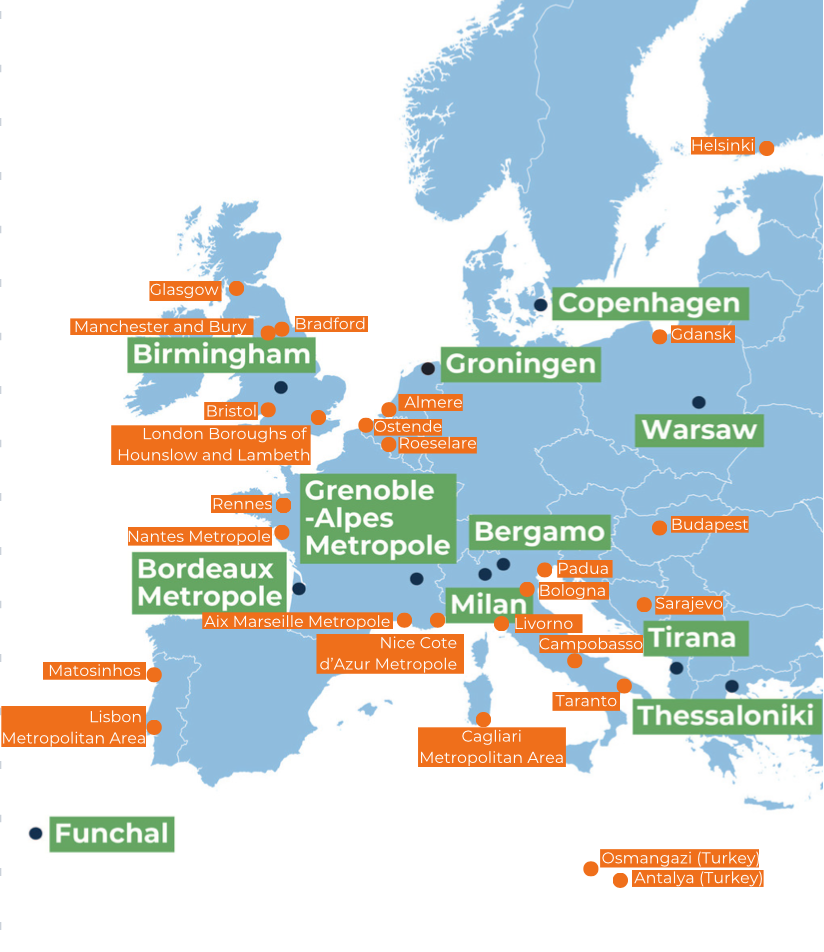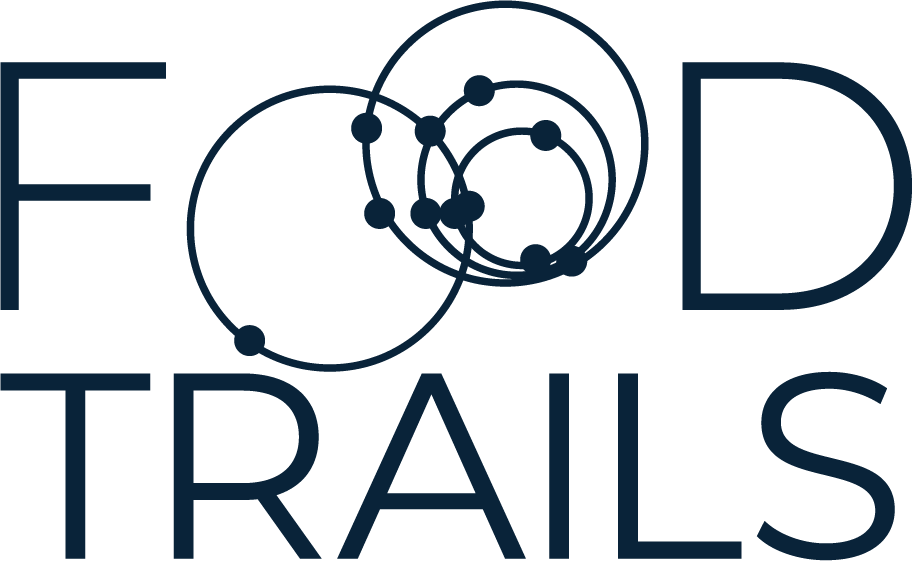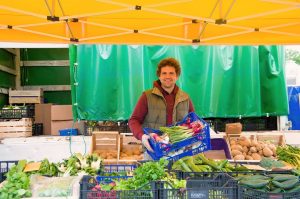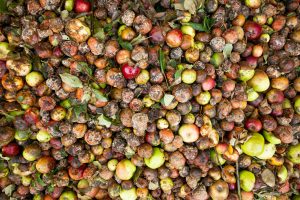28 cities join the Food Trails Cascade learning programme
Following its Call for Cascade Cities, the Food Trails project has selected 28 European local authorities from all over Europe to join its knowledge-sharing activities and learn from the 11 project partner cities’ experiences, innovative approaches, and solutions.
The Cascade learning programme aims to transfer knowledge and good practices generated throughout the project to cities outside the consortium, scaling up effective solutions and contributing to larger-scale positive change in European urban food systems.
The high interest in the Food Trails’ Cascade programme underscores the growing recognition of the importance of sustainable urban food systems in addressing global challenges. It also demonstrates local authorities’ increasing commitment to building future-proof cities and food systems and the added value of knowledge sharing and capacity building for local authorities in deepening and speeding up the transformation of urban food systems.
The 28 diverse-profile Cascade cities from 11 countries will be able to engage with Food Trails cities through online exchanges and a site visit to gain first-hand knowledge and feedback on their Food Trails journey and solutions. Exchanges will focus on a variety of topics: from local food production to food aid, via food council, procurement, school canteens and waste management.

The Cascade learning programme allows cities to collaborate, share experiences, and receive tailored support and concrete insights to develop innovative solutions to common challenges. The programme also represents a valuable opportunity to join a European network of cities engaged in transforming agrifood systems, favouring a ripple effect of learning which can lead to long-term positive changes in urban food systems.
Food Trails will offer additional knowledge-sharing opportunities for local authorities in 2024. Notably with a workshop on 22-24 May in Warsaw for cities to further exchange and advance on replicating Food Trails solutions. – More information to come.
The Food Trails project aims to create integrated and systemic urban food strategies in 11 city regions to create more sustainable, resilient, inclusive and healthier food systems, benefiting consumers, producers and the planet. How? By developing participatory Living Labs and pilot actions to connect stakeholders and develop tailored solutions and ambitious policies for systemic agrifood transformation.








